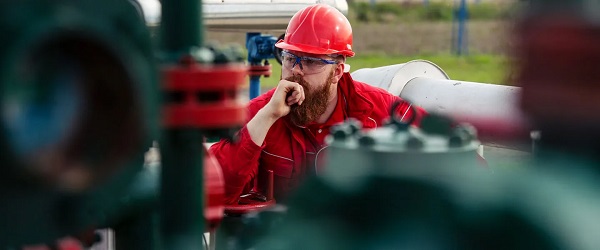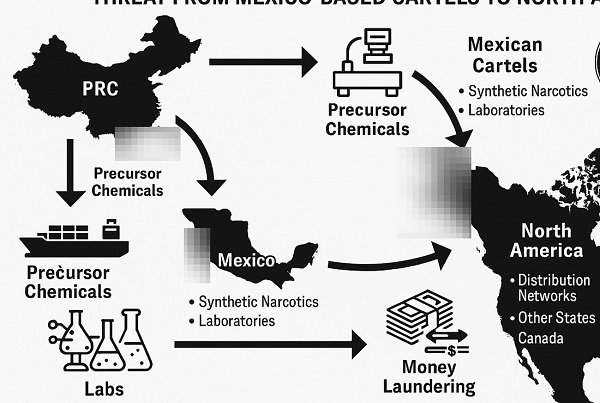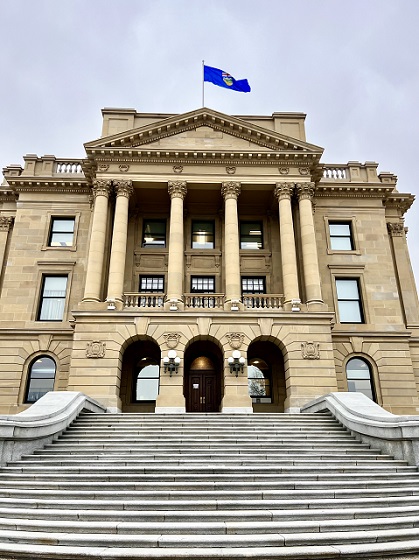Alberta
Alberta NDP calling on Premier to denounce UCP MLA’s calling for an end to lockdowns
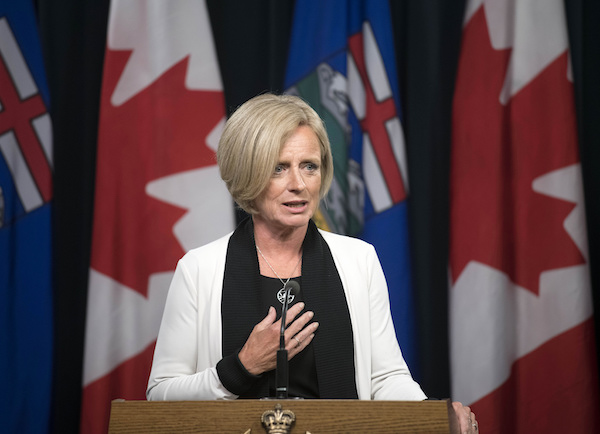
From the Alberta NDP
KENNEY’S SILENCE ALLOWS UCP MLAS TO UNDERMINE PUBLIC HEALTH ORDERS
Jason Kenney must explain to Albertans following COVID-19 public health orders why he has continually failed to take action against the members of his own Caucus who are undermining those orders from a position of authority and putting lives at risk in the process.
On Tuesday, it was revealed that UCP MLA’s Drew Barnes and Angela Pitt had signed up as Members of the “End the Lockdown Caucus”, a group that declares, “lockdowns cause more harm than the virus and must be brought to an end.”
It was also learned Tuesday that senior UCP Cabinet Minister Jason Nixon and UCP Caucus Chair Todd Loewen had joined Drew Barnes in the undermining of public health orders by telling local papers that they would be pushing for a regional re-opening, an action that directly contradicts the advice given by Alberta’s Chief Medical Officer of Health, Dr. Deena Hinshaw.
“Jason Kenney promised to introduce a culture of discipline to the scandal ridden, arrogant and out-of-touch UCP,” said David Shepherd, NDP Health Critic. “He also promised to build a database of extremists to keep them from taking over the UCP. Instead we see that the extremists are well and truly running the UCP.”
The End the Lockdown Caucus includes, Wildrose Independence Party Leader Paul Hinman, former Separatist MLA Gordon Kessler, MP Derek Sloan, who was expelled from the Conservative Party of Canada for accepting a donation from a white nationalist, and Leader of the People’s Party of Canada, Maxime Bernier.
“Months of Jason Kenney’s failed chaotic leadership is empowering and encouraging the extreme, anti-science members of the UCP,” said Shepherd. “Kenney must discipline these MLAs for endangering Albertans through their reckless and selfish behaviour.”
MLA Pitt stated publicly: “One hundred per cent, more people in the caucus will join us. I tried to work on things internally, but it was not working on the inside”.
Jason Kenney will be speaking to the media at 1pm on Wednesday. If he is serious about protecting the lives and livelihoods of Albertans, he will denounce the dangerous stance taken by his Caucus.
“Jason Kenney must explain why he has allowed a rebellion of anti-health to take over the UCP and why won’t he do a thing to stop it?” Shepherd said. “This Premier’s leadership is either so weak that he can’t stop them, or he is so indifferent to the medical advice of Dr. Hinshaw that he is allowing his Caucus to spread medically false statements during a global pandemic. Either way, this is not the leadership Alberta needs.”
Alberta
SERIOUS AND RECKLESS IMPLICATIONS: An Obscure Bill Could Present Material Challenge for Canada’s Oil and Gas Sector

From Energy Now
By Tammy Nemeth and Ron Wallace
Bill S-243 seeks to “reshape the logic of capital markets” by mandating that all federally regulated financial institutions, banks, pension funds, insurance companies and federal financial Crown Corporations align their investment portfolios with Canada’s climate commitments
Senator Rosa Galvez’s recent op-ed in the National Observer champions the reintroduction of her Climate-Aligned Finance Act (Bill S-243) as a cornerstone for an “orderly transition” to achieving a low-carbon Canadian economy. With Prime Minister Mark Carney—a global figure in sustainable finance—at the helm, Senator Galvez believes Canada has a “golden opportunity” to lead on climate-aligned finance. However, a closer examination of Bill S-243 reveals a troubling agenda that potentially risks not only crippling Canada’s oil and gas sector and undermining economic stability, but one that could impose unhelpful, discriminatory measures. As Carney pledges to transform Canada’s economy, this legislation would also erode the principles of fairness in our economic and financial system.
Introduced in 2022, Bill S-243 seeks to “reshape the logic of capital markets” by mandating that all federally regulated financial institutions, banks, pension funds, insurance companies and federal financial Crown Corporations align their investment portfolios with Canada’s climate commitments, particularly with the Paris Agreement’s goal of limiting global warming to 1.5°C. The Bill’s provisions are sweeping and punitive, targeting emissions-intensive sectors like oil and gas with what could only be described as an unprecedented regulatory overreach. It requires institutions to avoid financing “new fossil fuel supply infrastructure” and to plan for a “fossil-free future,” effectively discouraging investment in Canada’s energy sector. To that end, it imposes capital-risk weights of 1,250% on debt for new fossil fuel projects and 150% or more for existing ones, making such financing prohibitively expensive. These measures, as confirmed by the Canadian Bankers’ Association and the Office of the Superintendent of Financial Institutions in 2023 Senate testimony, would have the effect of forcing Canadian financial institutions to exit oil and gas financing altogether. It also enshrines into law that entities put climate commitments ahead of fiduciary duty:
“The persons for whom a duty is established under subsection (1) [alignment with climate commitments] must give precedence to that duty over all other duties and obligations of office, and, for that purpose, ensuring the entity is in alignment with climate commitments is deemed to be a superseding matter of public interest.”
While the applicability of the term used in the legislation that defines a “reporting entity” may be a subject of some debate, the legislation would nonetheless direct financial institutions to put “climate over people”.

There are significant implications here for the Canadian oil and gas sector. This backbone of the economy employs thousands and generates billions in revenue. Yet, under Bill S-243, financial institutions would effectively be directed to divest from those companies if not the entire sector. How can Canada become an “energy superpower” if its financial system is directed to effectively abandon the conventional energy sector?
Delivered to You: It’s Free! Sign Up for the EnergyNow Canadian Energy Focused Newsletter Here
Delivered to You: It’s Free! Sign Up for the EnergyNow US Energy Focused Newsletter Here
Beyond economics, Bill S-243 raises profound ethical concerns, particularly with its boardroom provisions. At least one board member of every federally regulated financial institution must have “climate expertise”; excluded from serving as a director would be anyone who has worked for, lobbied or held shares in a fossil fuel company unless their position in the fossil fuel company was to help it align with climate commitments defined in part as “planning for a fossil fuel–free future.” How is “climate expertise” defined? The proposed legislation says it “means a person with demonstrable experience in proposing or implementing climate actions” or, among other characteristics, any person “who has acute lived experience related to the physical or economic damages of climate change.” Bill S-243’s ideological exclusion of oil and gas-affiliated individuals from the boards of financial institutions would set a dangerous precedent that risks normalizing discrimination under the guise of environmental progress to diminish executive expertise, individual rights and the interests of shareholders.
Mark Carney’s leadership adds complexity to this debate. As the founder of the Glasgow Financial Alliance for Net Zero, Carney has long advocated for climate risk integration in finance, despite growing corporate withdrawal from the initiative. Indeed, when called to testify on Bill S-243 in May 2024, Carney praised Senator Galvez’s initiative and generally supported the bill stating: “Certain aspects of the proposed law are definitely achievable and actually essential.” If Carney’s Liberal government embraces Bill S-243, or something similar, it would send a major negative signal to the Canadian energy sector, especially at a time of strained Federal-Provincial relations and as the Trump Administration pivots away from climate-related regulation.
Canada’s economy and energy future faces a pivotal moment. Bill S-243 is punitive, discriminatory and economically reckless while threatening the economic resilience that the Prime Minister claims to champion. A more balanced strategy, one that supports innovation without effectively dismantling the financial underpinnings of a vital industry, is essential. What remains to be seen is will this federal government prioritize economic stability and regulatory fairness over ideological climate zeal?
Tammy Nemeth is a U.K.-based energy analyst. Ron Wallace is a Calgary-based energy analyst and former Permanent Member of the National Energy Board.
Alberta
Don’t stop now—Alberta government should enact more health-care reform

From the Fraser Institute
It’s unusual to see a provincial government take on health-care reform. But not so in Alberta, where major reforms have been underway for almost a year. The province has long struggled with lengthy waits for non-emergency care and a majority (58 per cent) of Albertans last year were unsatisfied with the government’s handling of health care.
And who could blame them?
The median wait last year in Alberta was 19.2 weeks to see a specialist (after getting a referral from a family doctor) followed by the same amount of time to receive treatment. This combined 38.4-week wait marked the longest delay for non-emergency care in Alberta since data were first published more than 30 years ago. Also last year, an estimated 208,000 patients waited for care in Alberta. These waits are not benign and can result in prolonged pain and discomfort, psychological distress, and can impact our ability to work and earn money.
In fact, according to our new study, last year health-care wait times in Alberta cost patients $778 million—or more than $3,700 per-patient waiting. This estimate, however, doesn’t include leisure time after work or on weekends. When this time was included in the calculation, the total cost of these waits balloons to more than $2.3 billion or around $11,000 per patient.
Again, to its credit, the Smith government has not shied away from reform. It’s reorganized one of province’s largest employers (Alberta Health Services) with the goal of improving health-care delivery, it plans to change how hospitals are funded to deliver more care, and it continues to contract out publicly funded surgeries to private clinics. Here, the government should look at expanding, based on the success the Saskatchewan Surgical Initiative (SSI), which helped increase that province’s surgical capacity by delivering publicly funded surgeries through private clinics and shortened the median health-care wait from 26.5 weeks in 2010 to 14.2 weeks by 2014.
The SSI also “pooled” referrals in Saskatchewan together and allowed patients to choose which specialist they wanted to see for treatment, and patients received estimates of how long they would wait before choosing.
In Alberta, however, family doctors still refer patients to one specific specialist at a time yet remain potentially unaware of other appropriate doctors with shorter waits. But if Alberta also put specialist wait lists and referrals into one list, and provided updated wait times information, a family doctor could help patients choose a specialist with a shorter wait time. Or better yet, if Albertans could access that information online with an Alberta health card, they could make that decision on their own while working with their family doctor.
Make no mistake, change is in the air for health care in Alberta. And while key policy changes are now underway, the Smith government should consider more options while this window for reform remains open.
-

 espionage2 days ago
espionage2 days agoCanada’s Missing Intelligence Command: Convoy Review Takes on New Relevance After FBI Warnings
-

 Alberta1 day ago
Alberta1 day agoWhy Some Albertans Say Separation Is the Only Way
-
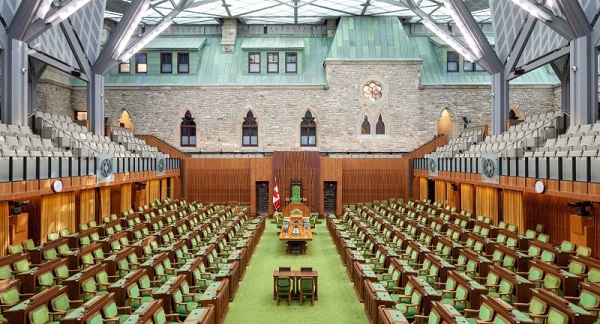
 Business1 day ago
Business1 day agoPension and Severance Estimate for 110 MP’s Who Resigned or Were Defeated in 2025 Federal Election
-

 Alberta1 day ago
Alberta1 day agoThe Conventional Energy Sector and Pipelines Will Feature Prominently in Alberta’s Referendum Debate
-

 COVID-191 day ago
COVID-191 day agoFreedom Convoy trucker Harold Jonker acquitted of all charges
-
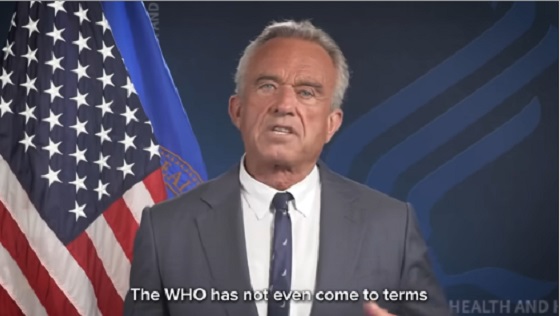
 Health1 day ago
Health1 day agoRFK calls out World Health Organization directly as a compromised body beholden to China
-

 Business1 day ago
Business1 day agoHigh grocery bills? Blame Ottawa, not Washington
-

 Alberta16 hours ago
Alberta16 hours agoDon’t stop now—Alberta government should enact more health-care reform

